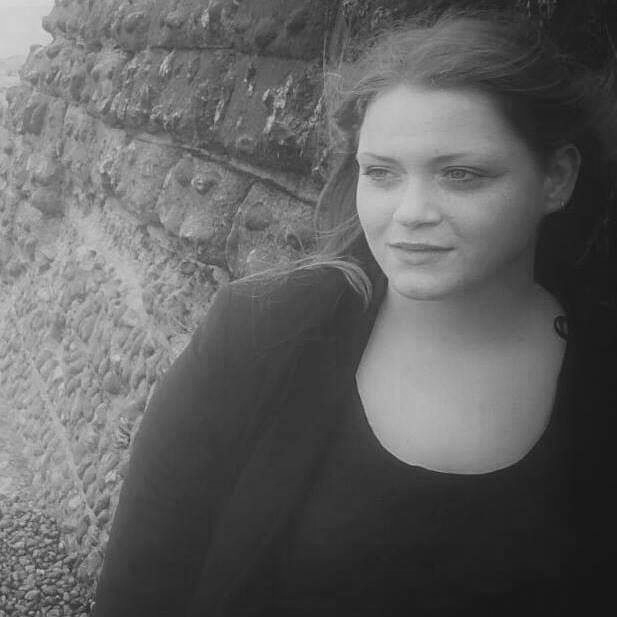The Importance of Freedom as a Disabled Woman by Amy Loizou / @amyloizouart
- MadWomxn Magazine

- Apr 15, 2021
- 4 min read
Updated: Nov 15, 2021
I am a deaf female artist born in Kent; I attended an all-girls secondary school as a disabled student. I had support arranged for me which involved having an assistant whose role was to take notes for me in lessons and keep me organised and on track of deadlines. At the time this helped me with my studies, in reflection it minimised opportunities to explore my identity as a young disabled woman.
Throughout my education, whilst people were all bundled off into friendship groups I was very much avoided, because my support assistant would be there, or might become involved in the group. People saw me as a ‘tattle tale’, or thought I was leeching off my personal assistant because in any fall out I had I would go to her. This led to a lot of bullying during secondary school, and I didn’t have many friendships that lasted throughout school as my brain hadn’t matured to the level it should have been. I wasn’t given the opportunity to be pushed out of the doors into the real world on my own, I didn’t know what it was like to answer problems with solutions, I didn’t know how to talk things out maturely. I didn’t know how to have a proper conversation, that would inevitably lead to a friendship. Instead I acted out loudly, and immaturely when my support assistant wasn’t there.
Whilst people were growing up it felt like I was still being pressured into this claustrophobic box; where I wasn’t able to explore freely socialising. I wasn’t allowed to be rebellious once or twice; to experience sticking gum under the table; to talk about body parts to friends and talk about sexuality or relationships. This hugely stunted my personal growth, I wanted this freedom and liberation to talk about who I was and what I liked, I wanted to gossip with people about the people I liked without feeling ashamed or silly.
The word ‘disabled’ became something that I cringed at hearing about myself, it wasn’t something I felt that I was. It became a label people would put on me the first time they saw me and grew into an insult. I would be afraid to ask for help because I would rather people think I’m capable, than to admit it, because I was convinced that I could manage, and in the end I could.
It wasn’t until the last year at that school that I experienced some elements of freedom. I had finally brought up the courage to tell my personal assistant to spend less time with me, and to allow me to do some things on my own. I experienced my first friendship group, in which I became best friends with Nicole, who is still my closest friend to this day. The group taught me a lot about how to communicate about feelings, without feeling ashamed about curiosity about body parts, sexuality and sex. It was from this moment on that I started asking questions about these things and learning about femininity and feminism.
An important life lesson for me was realising that these discussions are normal, and that it is important to communicate with your friends about these things, so you don’t feel isolated.
When I finally left the school, I attended a boy’s school in sixth form, where I learnt how to expand my friendships to males. I was at first very scared to communicate with the opposite sex because I had not experienced much of this before, and when I had, my disability was something that affected this experience because I was unable to communicate properly or felt as if my disability would be something that would stop me from having any friendships or even relationships with men. However, my friendship group started expanding to males, and I even entered my first relationship with a male. This taught me a lot about myself, communication, who I wanted to be and how I was not going to let my disability hold me back from having these relationships with people.
The reason I shared this story is because feminism is about equality; it is about opening up about the female body; about no longer feeling ashamed and not conforming to society's expectations of what the female body should be like or maintained. I wanted to share my experience as a disabled woman, and how my disability affected my freedom to explore my identity, sexuality, and body, and the growth that I have gone through from my independence. It is important that disabled people still have these conversations and are not excluded from learning topics.
I am a disabled woman. I no longer cringe at this, because I am capable of accomplishing anything that I set my mind to, and nothing is going to hold me back. This magazine has been a wonderful opportunity to feel as part of a community of supportive women supporting women, and I am honoured to be able to share my own experience as a disabled woman.
-------------------------------------------------------------------------------------------------------------------------------
Written work and Artwork by Amy Loizou / @amyloizouart





Comments